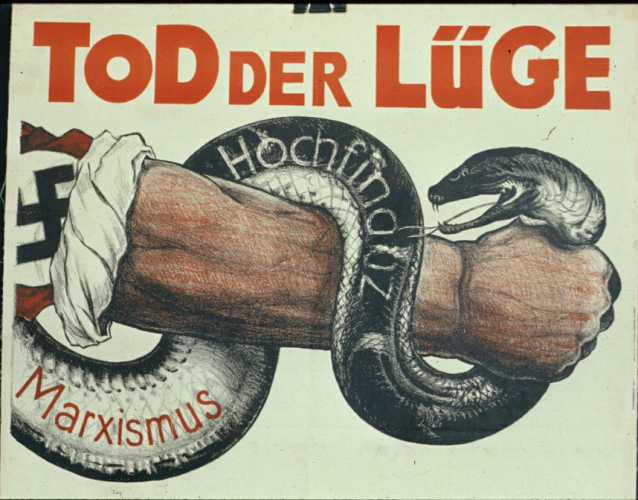We need somebody who's got the heart, the empathy, to recognize what it's like to be a young teenage mom. The empathy to understand what it's like to be poor, or African-American, or gay, or disabled, or old. And that's the criteria by which I'm going to be selecting my judges.
Given how Barack Obama's remarks, above, contrast with the picture of blindfolded Justice, one might think the White House would have some concern that the "empathy criterion" might be wielded as a talking point against his judicial nominees. After all, what does Obama expect his judge to do with information about a litigant's particulars if not to put a thumb on the scale in favour of the litigant who is one of Obama's enumerated groups? Yet apparently the White House is running with the idea as a talking point FOR Obama's first Supreme Court nominee.
Combining this with Sotomayor's remarks in 2001 about how she "would hope that a wise Latina woman with the richness of her experiences would more often than not reach a better conclusion than a white male", should one start preparing for judicial bias against white males that is sanctioned at the highest level? While there is cause for concern here, I believe the concern applies elsewhere. First of all, a full reading of Sotomayor's Berkeley speech indicates that she does not believe the idea of departicularized adjudication should be rejected but rather that it is impossible to implement:
our gender and national origins may and will make a difference in our judging. Justice [Sandra Day] O'Connor has often been cited as saying that a wise old man and wise old woman will reach the same conclusion in deciding cases.... I am... not so sure that I agree with the statement.
This is of note because it is consistent with the views of communitarians, e.g.
[impartialist morality] assume[s] an abstract and artificial - perhaps even an impossible - stance, that of a rational being as such, responding to the requirements of morality not qua peasant or farmer or quarterback, but qua rational agent who has abstracted him or herself from all social particularity.- Alasdair MacIntyre, Is Patriotism a Virtue?
This is important because the idea that our moral selves are "embedded" is critical for cultural conservatives. I don't have the time to explain why in detail, but without it one has a libertarian worldview, not a conservative one. The bottom line is that I do not think conservative critics should be raising the alarm about potential bias on Sotomayor's part against business or white males too loudly lest they create future consistency problems for themselves when defending something like patriotism. Accept that she's a Latina and therefore will have a Latina's perspective to at least some degree.
The best and most damning criticism, I believe, advances not from the idea that justice flows only from the departicularized perspective but from the idea that a judicial temperament and judicial ability flows form the process of departicularizing oneself. This is a subtle but key distinction. It is the difference between making a metaphysical claim and making a claim about process. The problem is not that Sotomayor won't employ abstraction, but that she can't. Where is the rigorous reasoning in her Ricci decision? Why is Obama playing up her life story and downplaying the importance of legal abstraction? It is not just the far right that sees a problem here.
Obama is not going to appoint a conservative. That is to be expected. But it serves the interests of both the left and right better to appoint the person with the greatest abstract ability. Cass Sunstein is a legal lefty. But appointing an ideologue like him would serve the interests of an ideologically divided country better given his intellectual abilities. Consider the talking points in the White House memo:
Obama is not going to appoint a conservative. That is to be expected. But it serves the interests of both the left and right better to appoint the person with the greatest abstract ability. Cass Sunstein is a legal lefty. But appointing an ideologue like him would serve the interests of an ideologically divided country better given his intellectual abilities. Consider the talking points in the White House memo:
- as the President has made clear, upholding those constitutional values requires more than just the intellectual ability to apply a legal rule to a set of facts. It requires a common sense understanding of how laws affect the daily realities of people’s lives.
- Judge Sotomayor ... understands that upholding the rule of law means going beyond legal theory to ensure consistent, fair, common-sense application of the law to real-world facts.
A further downgrading of the value of "theory" is, in fact, the last thing America and the world should be considering a personal asset apart from the personal, private field. It is all too easy to sell policies to the public when the consequences are right there before one's eyes. It is far too hard to sell policies when the consequences are distance in time and space. Appreciating those consequences requires the ability to think abstractly. The idea that people who are skeptical of things like restricting EI eligibility simply lack "empathy" is a lefty trope; the skeptics are typically just as sympathetic but appreciate the abstract arguments that reveal how many well-intentioned policies typically backfire.


